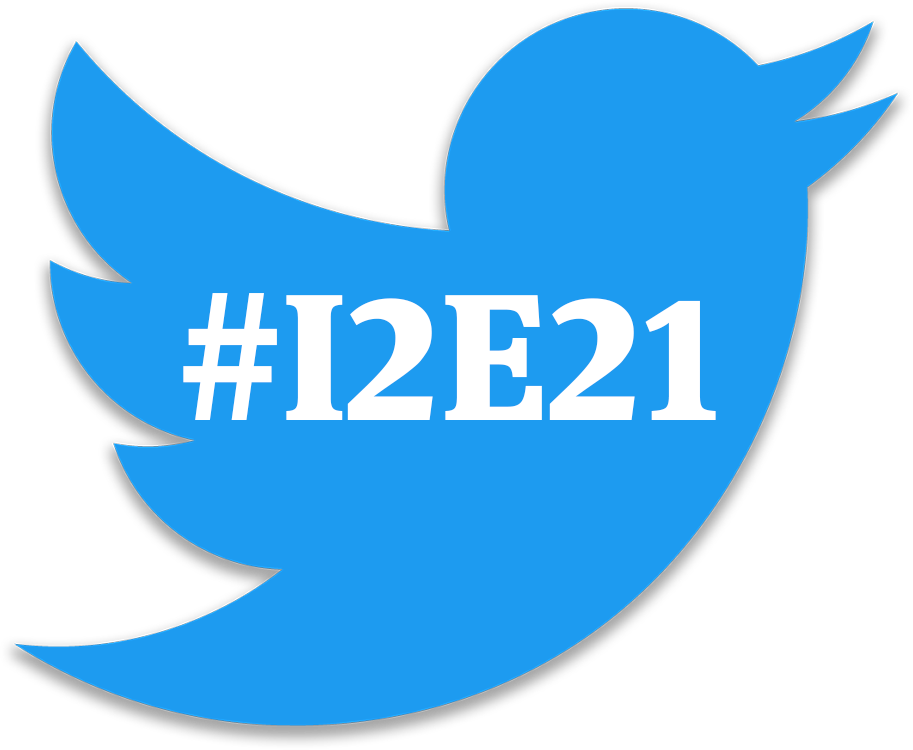Unit 4: Utilitarianism & Its Limits

Photo: Colleen Hayes / NBC.
Critics of Utilitarianism tend to agree that it’s biggest challenge concerns its disrespect for individuals, especially when it comes to individual rights. This makes it seem that Utilitarianism is wholly incompatible with our commonsense notions of justice. John Stuart Mill is definitely aware of this challenge, and so, in this module, we will examine how he attempts to address it.
There are four learning outcomes for this module. By the end of it, you will be able to…
- Describe the ways in which the demands of justice may be thought to conflict with those of Utilitarianism,
- Distinguish justice from other considerations of morality,
- Summarize how John Stuart Mill believes he has resolved tensions between Utilitarianism and justice, and
- Reflect on the reasons why you may have rights and whether that aligns with Mill’s account of them.
Read This:
|
On the Connexion Between Justice and Utility 
|
The Defense of Utilitarianism 
|
Context
John Stuart Mill was well aware of and very concerned by criticisms that Utilitarianism does not have room for justice and individual rights. For instance, Mill anticipated accusations that Utilitarianism is unjust because it seems to permit harming innocents while promoting the greatest happiness for the greatest number. (Recall this is a crucial criticism made in Ursula K. Le Guin’s story “The Ones Who Walk Away from Omelas” from Module 19.)
In this reading, Mill directly responds to such concerns by attempting to resolve apparent tensions between utilitarianism and justice, showing how utilitarianism still supports our commonsense notions of justice. Following that, the section from James Rachels and Stuart Rachels provides additional responses that utilitarians might make to their critics.
Reading Questions
As you read, keep these questions in mind:
- The first few paragraphs of “On the Connexion Between Justice and Utility”, Mill lays out “one of the strongest obstacles” (1861/2003, p. 216) for utilitarianism, which involves justice. What is this obstacle, and what is Mill’s strategy for overcoming it?
- In paragraphs 14 & 15, Mill wants to explain how justice is distinguished from morality in general. To do this, Mill first explains how considerations of morality are different from those of expediency or prudence. How are these considerations different?
- After that, now just focusing just on considerations of morality, Mill makes a distinction between perfect and imperfect duties. How are these types of duties different? How does this distinction between perfect and imperfect duties explain the difference between justice and morality more generally?
- In paragraphs 16–23, Mill lays out the three major components of justice, two of which are based in our sentiments (or emotions) and one of which is based in our intellectual capacities. What are these components and how do they together come to compose justice?
- In paragraphs 24–26 & 32–38, Mill attempts to resolve tensions between justice and utilitarianism. How does Mill define a person’s right? Why do considerations of security and liberty involve rights? Why does Mill believe that all this shows how Utilitarianism supports, and is consistent with, our usual notions of justice?
- What three answers from Utilitarians to their critics do James Rachels and Stuart Rachels outline? (Some of these will be familiar from Mill’s accounting for justice.)
Although I strongly suggest that you write out brief answers to these questions, you do not have to turn in written responses. You do, however, need to be prepared to answer questions like these on module quizzes and the unit exams.
References
Mill, J. S. (2003). On the connexion between justice and utility [Chapter 5 from Utilitarianism]. In M. Warnock (Ed.), Utilitarianism and On liberty: Including Mill’s ‘Essay on Bentham’ and selections from the writings of Jeremy Bentham and John Austin (2nd ed., pp. 216–235). Blackwell. (Original work from 1861)
Rachels, J., & Rachels, S. (2018). The defense of utilitarianism. In The elements of moral philosophy (9th ed., pp. 125–131). McGraw-Hill.
Watch This:
|
Video 1 
|
Video 2 
|
|
Video 3 
|
Video 4 
|
Do This:
|
Module 20 Quiz 
Due: October 30 |
|
|
5 Tweets this Week 
Due: October 30 |


